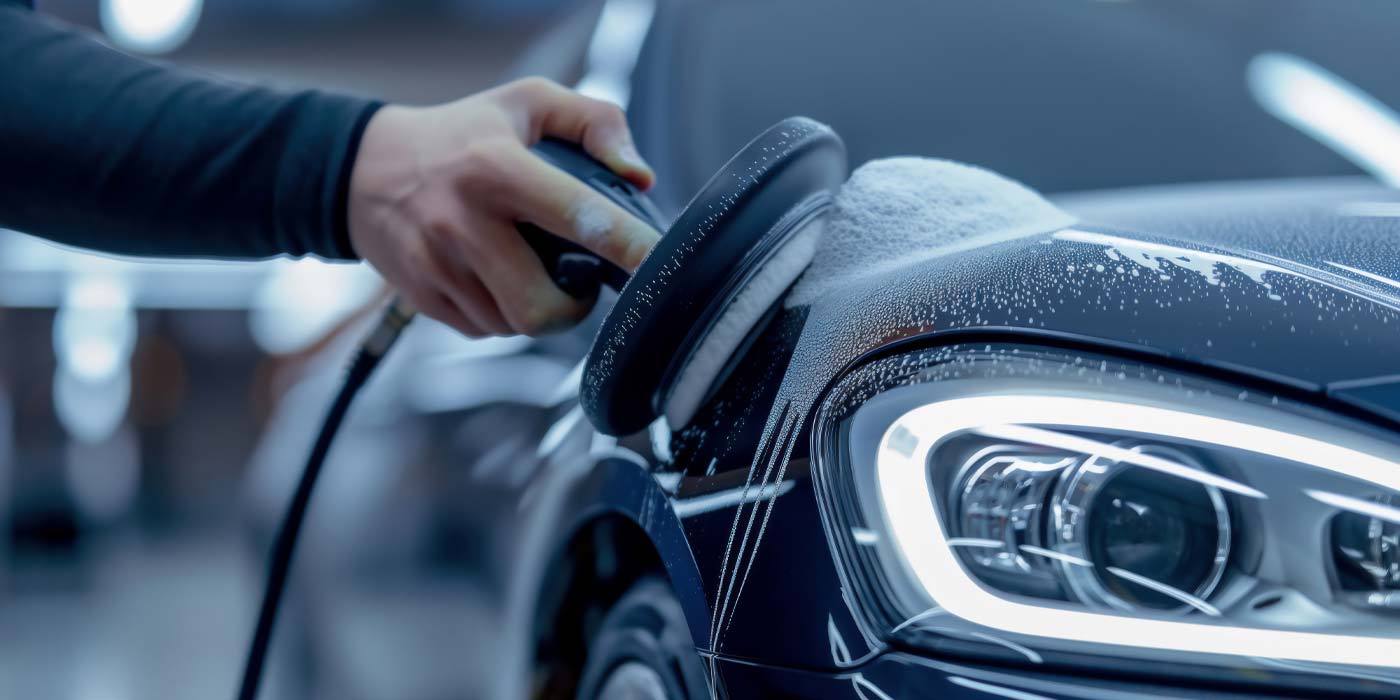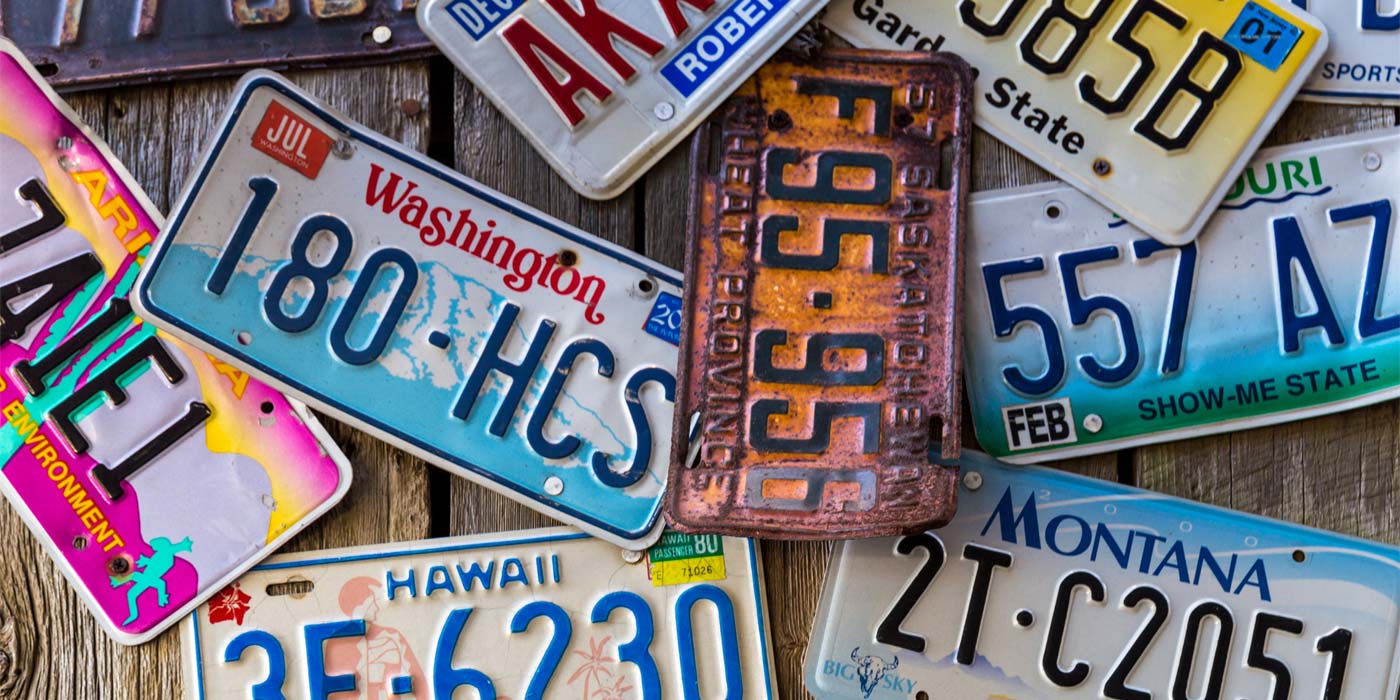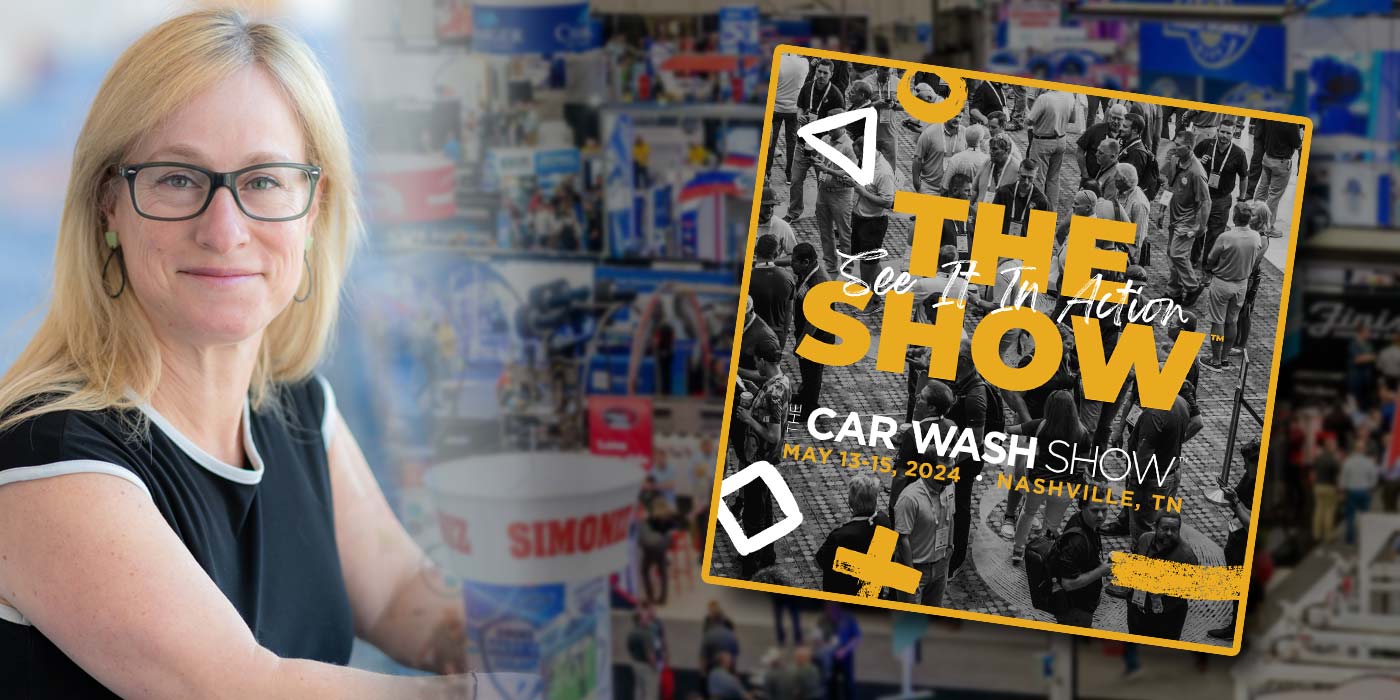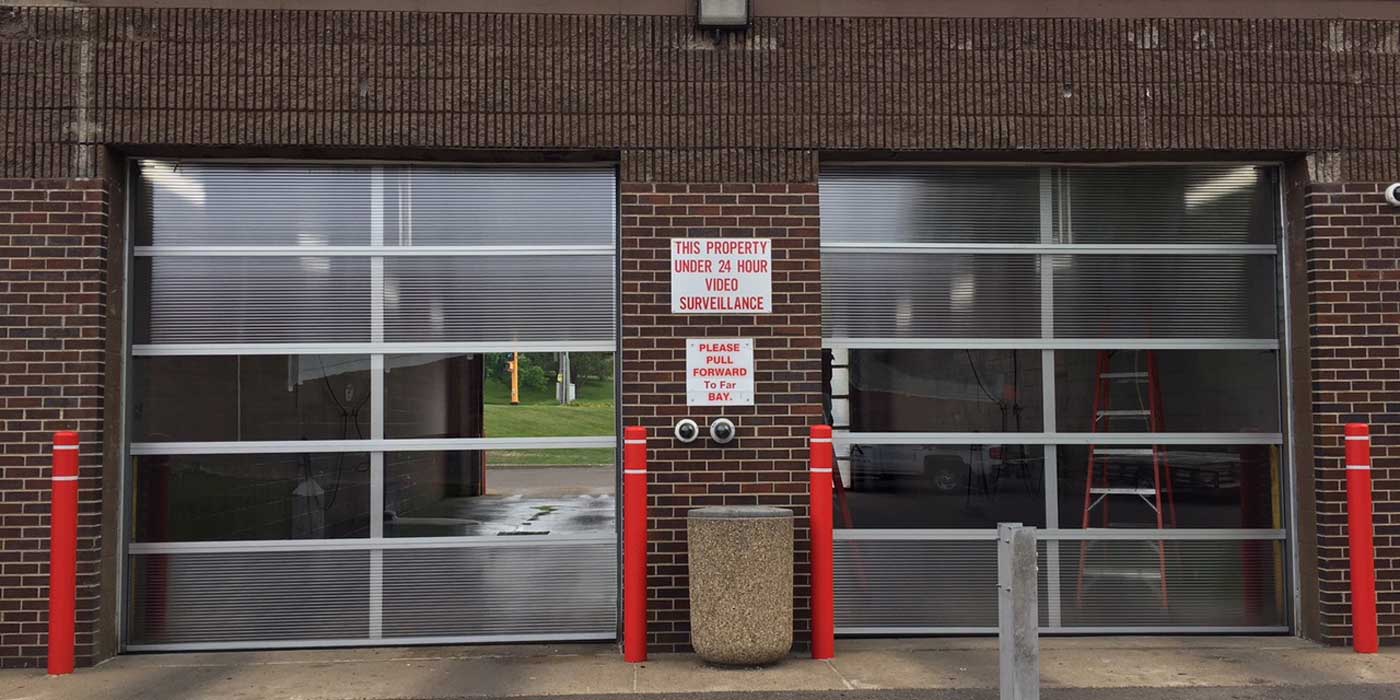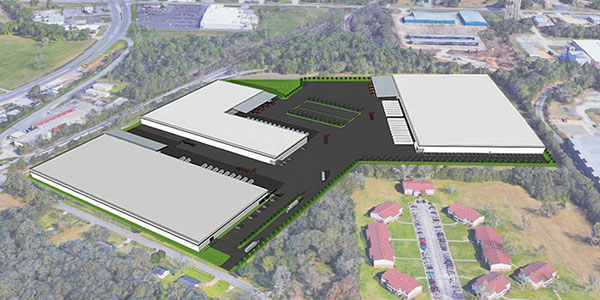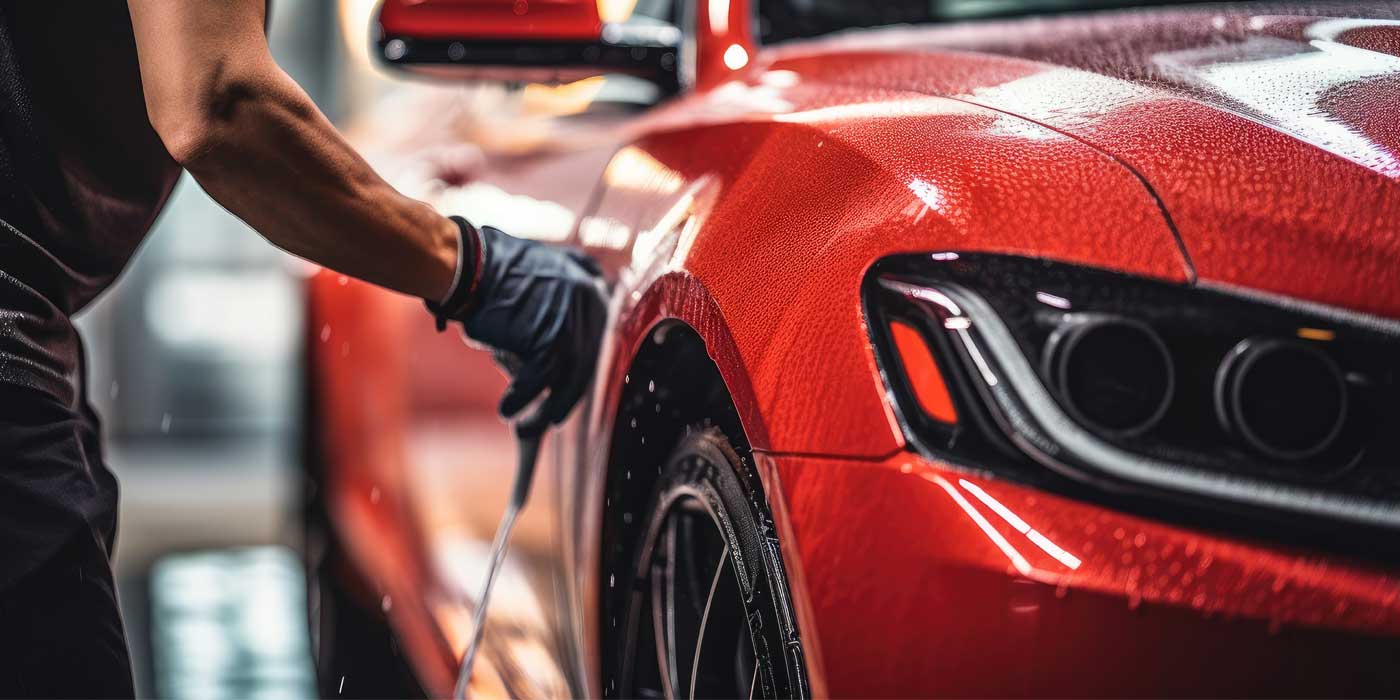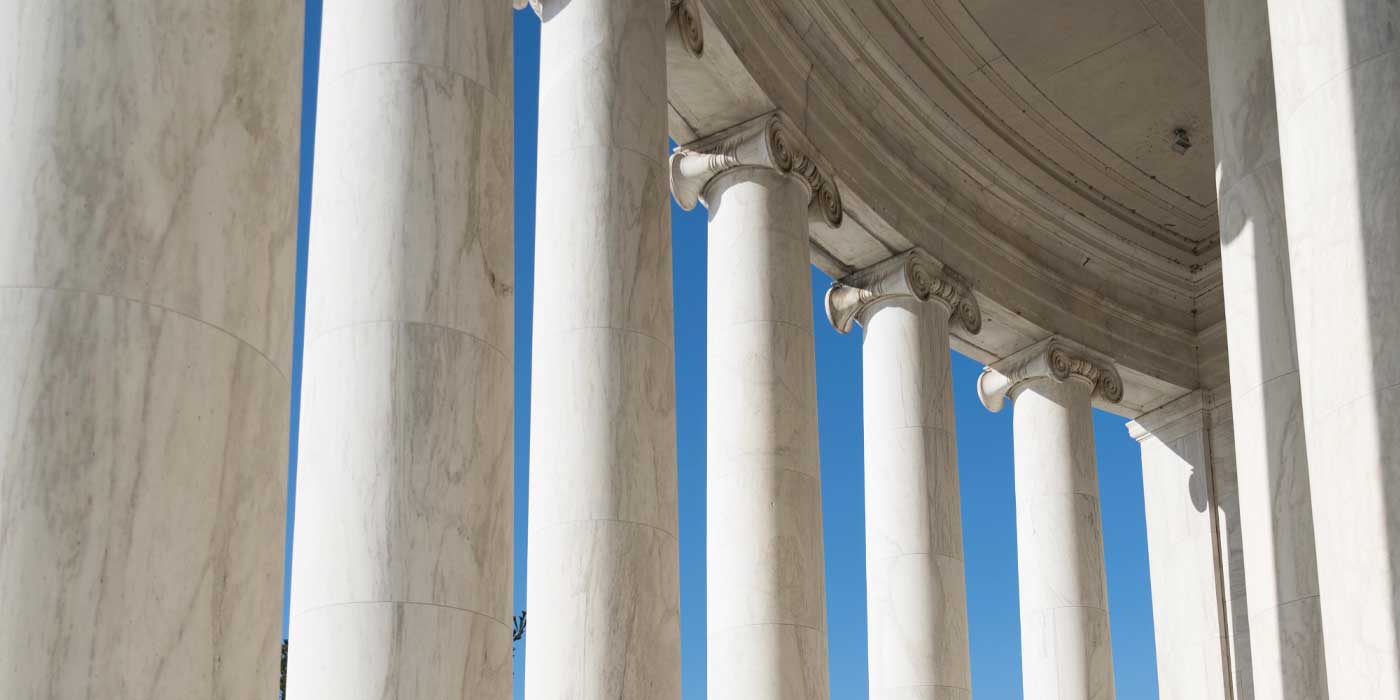What carwash operators should consider when looking to add or replace equipment.
Making the commitment to add or replace equipment can be influenced by several factors. Many carwash operators are automating to reduce the cost of labor. Some update equipment to eliminate down time and the expense of ongoing repairs of old worn-out equipment. Others re-equip to keep up with technology and the competition. Some choose to add new equipment to help regain lost customers or offer additional services. For all these reasons and more, adding new equipment could be your path to continued success.
When making these updates, there are a lot of choices when it comes to financing your business equipment. With choices, however, can come confusion. In this article, we’ll explore the general advantages of equipment financing and then review the differences between Equipment Leases (Leases) and Conventional Bank Loans (Loans). In addition, I will share some observations to help you make the best decision for your unique business’ needs.
General advantages of financing equipment
According to the Equipment Leasing and Finance Association, 79% of U.S. companies use some form of financing when acquiring equipment. Regardless of if you are using a Loan or Lease, small business owners choose to finance rather than purchase equipment outright for many reasons, including:
• Cash flow preservation: Financing saves small business owners money up front so they don’t have to dip into reserves that could be used for other needs.
• Convenience and speed: Having to wait to save up all the funds needed to acquire equipment with cash reserves can take a long time. Financing can allow you to quickly get what you need to service your clients and stay ahead of the competition.
• Automation savings: The monthly cost of the equipment when financed can be less than the cost of labor to perform the same function.
• Tax advantages: Financing helps reduce tax liability by using Section 179 under the Tax Cuts and Jobs Act. The annual deduction limit in 2024 is $1.22 million and the highest annual investment limit for qualifying equipment purchases is $3.05 million.
• Innovation and upkeep: Equipment upgrades can be costly. Equipment financing gives businesses an option to get the equipment they need, or make improvements, while maintaining working capital.
Lease versus Loan: The difference at a glance
An Equipment Lease and Conventional Bank Loan do have similarities. With both, the business finances the equipment over a term and has ownership, or the option of ownership, at the end of the contract term. However, a closer look reveals there are a few big differences between Leases and Loans.
Underwriting
The underwriting process can be significantly different for Leases and Loans. Leases are much simpler to obtain.
Fixed or variable
Loans can have fixed or variable rates, whereas Leases typically have fixed payments for the entire term.
Cash down and collateral
The down payment and collateral requirements between the two options can be considerably different. Leases generally require less down and less collateral.
Payoff
Early payoff options can vary. Equipment Loans usually offer better pre-payment terms.
More about Conventional Bank Loans
A Loan is borrowed money towards a purchase. If you choose a Loan, you would typically borrow only a portion of the money needed to purchase your equipment. The difference would be the down payment. The typical down payment in a Conventional Bank Loan for equipment is around 20% to 25% of the equipment cost.
Depending on the Loan contract terms, the rate and payments can be fixed or variable. Your payments can fluctuate over time with a variable rate. Having a variable rate may not be a bad thing when rates are declining. Obviously, it’s not so good when rates are on the rise.
Typically, Conventional Bank Loans require full financial disclosure. This means providing the bank with two years of personal and business tax returns, an interim income statement and balance sheet for the business, and a personal financial statement. Full financial disclosure comes with the full underwriting process. The underwriting process for Conventional Bank Loans can take weeks or longer for approval.
When it comes to Conventional Bank Loans, it would not be uncommon for the Loan to require additional collateral. This collateral can be in the form of liens on business or personal assets. Items like personal real estate, business real estate, inventory and receivables can be pledged as collateral. These extra collateral requirements can add more time to the funding process. This is especially true if the additional collateral is real property.
While the underwriting process and collateral can be a challenge when getting a Conventional Bank Loan, pre-payment is usually less burdensome. In many cases, Conventional Equipment Loans do not have a pre-payment penalty. This feature can be much more convenient if the business owner is looking to flip the location before the end of the financing term.
Equipment Leases
Equipment leasing is a type of financing in which the small business owner rents the equipment rather than purchasing it. The equipment is leased for a specific period (typically three to seven years). Once the contract is up, the business owner either renews the Lease for an additional term, returns the equipment or purchases the equipment (normally for $1 or 10% of the original purchase price). In most cases, carwash operators treat leasing just like a Loan. They pay for the equipment over the term and then purchase it for a dollar at the end. With a Lease, you can finance the cost of the equipment, shipping and installation. Leases usually have a very low down payment. It is common for a Lease to only require one or two payments at the time of closing.
Leases differ from Loans in that the finance charges are calculated into a stream of contractual payments over the course of the chosen term. Those payments are fixed and usually do not vary over the term of the contract. Borrowers are responsible for the gross contract amount, which is the sum of the contractual payments.
The underwriting process for a Lease can be much easier than a Conventional Bank Loan. For qualified candidates, getting approved can be as simple as providing a single-page credit application along with some bank statements and a copy of the equipment proposal. The approval process can take as little as a few hours. Borrowers can get approved for Leases up to $400,000 with a single-page credit application.
From a collateral perspective, Leases usually do not require additional collateral. The equipment financed is the collateral for the contract.
In general, Leases are not intended to be paid off early. A Lease is a contract that commits the borrower to make payments on equipment for a certain time period. This can be an issue if you are looking to sell a location. While Leases can be transferred in most cases, the new buyer will have to be approved. If they don’t qualify, the lender may require the seller to pay off the sum of the payments due on the Lease.
What works for your business?
Most carwashes have some type of equipment need. As noted earlier, you have choices when it comes to obtaining the equipment you need to successfully operate your business.
The decision will depend upon your business’ financial situation and its goals. Always consult your tax advisor when making this important decision. Here are some things to consider if deciding between a Loan or Lease:
• How quickly do you need the equipment? Advantage Lease: quick approvals.
• Do you need to conserve capital? Advantage Lease: lower down.
• Is pledging additional collateral a concern? Advantage Lease: less collateral.
• Is early payoff a key concern? Advantage Loan: lower payoff amounts.
• Is tax savings a concern? Equal treatment: both are tax deductible.
The final decision
The final decision on whether a Lease or Loan is right for you should be discussed with your CPA and/or trusted financial advisor. For those of you looking to keep pace with the competition and stay ahead of labor, using a Loan or Lease to finance your new equipment can be one path to a more successful wash.
Michael Ford is the managing director at Coast Commercial Credit, LLC, a firm specializing in financing for the carwash industry. For more information on equipment financing, you can reach him at 800-400-0365 or [email protected].


